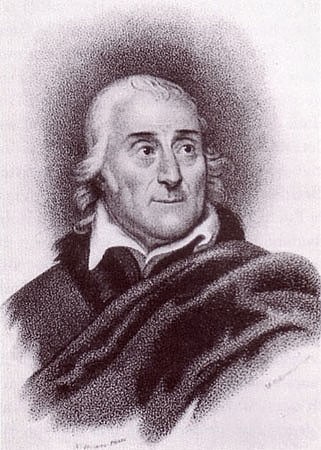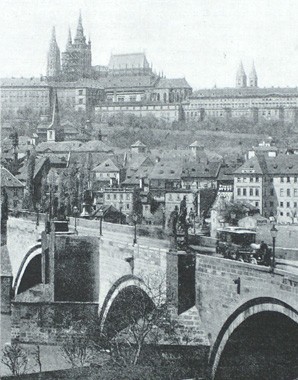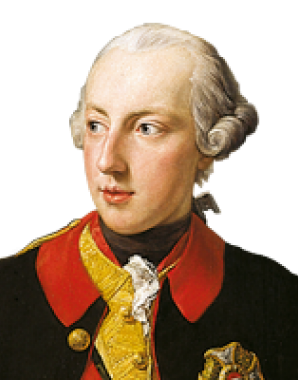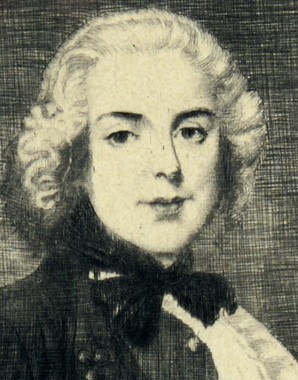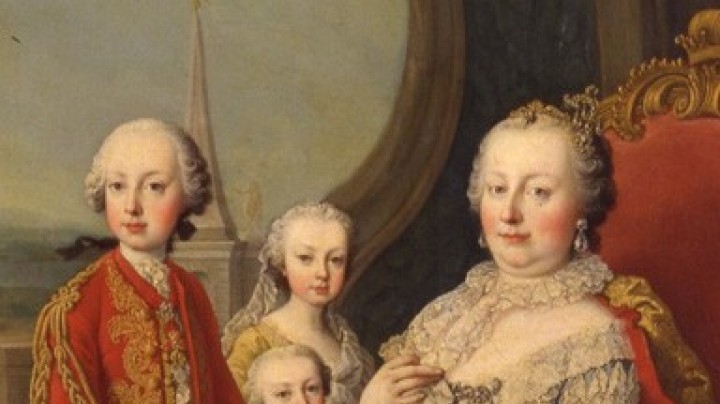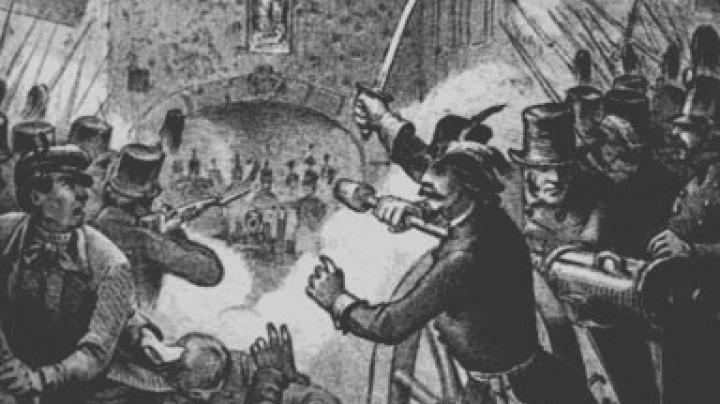The Marriage of Figaro, the tale of a revolutionary barber
An Italian opera based on a French play with revolutionary sentiments: implicitly critical of both the nobility and the system of estates, this story of an unscrupulous count and his clever servant and barber brought Mozart resounding success in Prague.
The latest sensation in Paris was a comedy written for the theatre by Pierre-Augustin Caron de Beaumarchais (1732–1799) that criticised the political situation in pre-Revolutionary France. Mozart thought it would make suitable material for an opera, as it dealt with the abolition of aristocratic privileges and the equal treatment of all subjects. In 1785 he managed to secure the services of the famous librettist Lorenzo da Ponte (1749–1838) who had until then worked with Salieri. He wrote an Italian opera buffa based on Beaumarchais’ play, meeting Mozart’s requirements for a piece that was independent of the original, fast-moving and exciting. Mozart composed the music very quickly, as he had to perform at concerts and give music lessons as well. His situation was certainly not easy: he was writing an Italian opera for the Court Opera, where the singers, musicians and associated officials were all under the authority of his rival, Hofkapellmeister Salieri.
After da Ponte had personally championed the opera in an audience with Joseph II, the emperor granted his permission for it to be performed at the Imperial Theatre. The Court paid the expenses for the composer and librettist. Shortly beforehand, the Emperor had forbidden the play to be performed at the suburban theatres, even though the politically contentious passages had been excised. Emanuel Schikaneder had translated the play into German, making it easily intelligible to the audiences of the suburban theatres which consisted of ordinary citizens and simple folk. Joseph feared that performances would result in unrest directed at the nobility and the Emperor. There was no risk of this at the Court Theatre, as it was attended exclusively by aristocratic Court society. In addition, an Italian opera was seen as inherently less dangerous than a play acted in German. ‘What is not allowed to be spoken in our times is sung’, opined the Wiener Realzeitung.
Joseph II used this story of the self-confident servant who stands up for his rights to deride the aristocracy, whom he could not abide. It also secured him the praise from progressive thinkers that he was keen to receive.
After only nine performances, Figaro was removed from the schedule. In Prague both The Abduction from the Seraglio and The Marriage of Figaro were huge successes. There Mozart was a lionized figure in society and secured a commission for a new opera: Don Giovanni.
